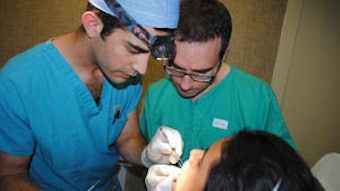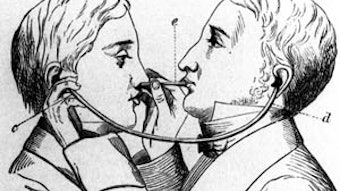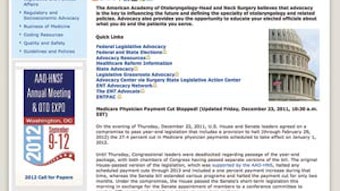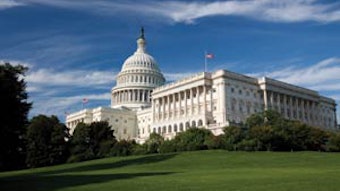Cosmetic Medical Procedure Taxes: an Ongoing Concern
Across the nation, many states are facing looming deficits and must act to address their current or impending budget crises. Many states have chosen to address these deficits with proposals for new taxes. With the 2011 sessions, there was a reemergence of states looking to tax cosmetic medical procedures to address budget shortfalls. Unfortunately, this trend is likely to continue into the 2012 sessions. In 2011, a number of states (Connecticut, Minnesota, Texas, and Washington) proposed bills to adopt a tax on cosmetic medical procedures, with Connecticut being the only state to ultimately approve such a proposal. The state’s final budget package included a 6.35 percent cosmetic medical procedure tax that was strongly opposed by the AAO-HNS, American Academy of Facial Plastic and Reconstructive Surgery, and others in the Stop Medical Taxes Coalition—a coalition of national, state, and local organizations. The legality of this budget provision is already being called into question by the state, primarily due to the logistics of collecting the tax and concerns regarding patient privacy. Prior to Connecticut’s adoption, New Jersey had been the only state to implement a tax on cosmetic medical procedures. In 2004, New Jersey passed a 6 percent tax on elective cosmetic medical procedures. Since enactment, the state’s Department of Taxation has experienced an estimated 59 percent shortfall based on its projected revenue estimates. According to independent studies, for every dollar New Jersey collects on the tax, the state loses $3.39 in total revenue. As a result of this failed tax, New Jersey Assemblyman Joseph Cryan, the sponsor of the 2004 bill, led efforts to repeal the tax in his state and communicated this negative experience to elected officials across the country. The New Jersey legislature continued to work on repealing the tax, with the most recent effort in 2011 resulting in the Governor signing the repeal of the cosmetic medical procedures tax. As the 2012 state legislative sessions move forward, the AAO-HNS will closely monitor the implementation of the new tax in Connecticut and continue to work with the Stop Medical Taxes Coalition to develop comprehensive strategies to defeat proposals on the taxing of cosmetic medical procedures.
In 2011, a number of states (Connecticut, Minnesota, Texas, and Washington) proposed bills to adopt a tax on cosmetic medical procedures, with Connecticut being the only state to ultimately approve such a proposal. The state’s final budget package included a 6.35 percent cosmetic medical procedure tax that was strongly opposed by the AAO-HNS, American Academy of Facial Plastic and Reconstructive Surgery, and others in the Stop Medical Taxes Coalition—a coalition of national, state, and local organizations. The legality of this budget provision is already being called into question by the state, primarily due to the logistics of collecting the tax and concerns regarding patient privacy.
Prior to Connecticut’s adoption, New Jersey had been the only state to implement a tax on cosmetic medical procedures. In 2004, New Jersey passed a 6 percent tax on elective cosmetic medical procedures. Since enactment, the state’s Department of Taxation has experienced an estimated 59 percent shortfall based on its projected revenue estimates. According to independent studies, for every dollar New Jersey collects on the tax, the state loses $3.39 in total revenue. As a result of this failed tax, New Jersey Assemblyman Joseph Cryan, the sponsor of the 2004 bill, led efforts to repeal the tax in his state and communicated this negative experience to elected officials across the country. The New Jersey legislature continued to work on repealing the tax, with the most recent effort in 2011 resulting in the Governor signing the repeal of the cosmetic medical procedures tax.
As the 2012 state legislative sessions move forward, the AAO-HNS will closely monitor the implementation of the new tax in Connecticut and continue to work with the Stop Medical Taxes Coalition to develop comprehensive strategies to defeat proposals on the taxing of cosmetic medical procedures.













